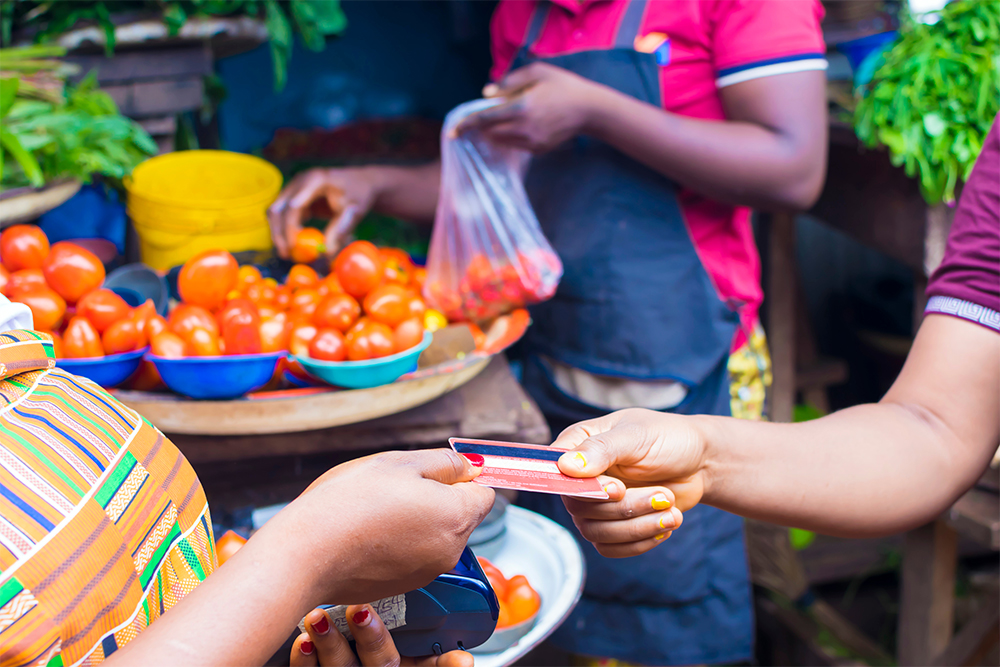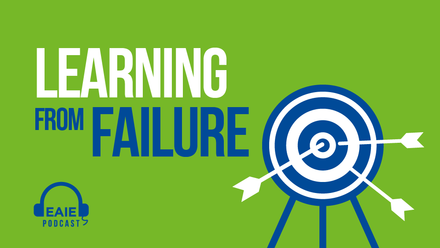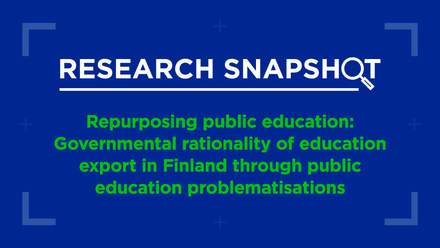Empowering small business owners in South Africa

It is important that business schools today strive to develop responsible leaders who positively impact society. At Stellenbosch Business School in South Africa, this mission extends beyond what is taught in the classroom to how it acts as an engaged member of its communities. In this vein, one long-standing community initiative is the Small Business Academy (SBA), which capacitates South African business owners from historically disadvantaged communities for long-term business success.
Small business owners and entrepreneurs face significant hurdles to operating successful and enduring businesses. Small, medium and micro-sized enterprises (SMMEs) play a critical role in South Africa’s national development plan, yet over 70% of SMMEs in the country cease operating within the first 5–7 years. While business training is identified as an entrepreneurial determinant, access to business skills education is limited, particularly for business owners in low-income communities. The SBA is a multi-stakeholder initiative, where the business school’s expertise in knowledge advancement and transformative learning is paired with global relationships to provide a nine-month programme of practical business skills training, mentorship and supporting projects from industry and visiting international students.
Supporting those who need it most
Given the context of post-Apartheid South Africa – where current unemployment rates are circling 35% and with one of the most unequal education system in the world, where only 6% of the population holds a university degree – the programme is open only to business owners of colour from historically disadvantaged backgrounds. Since its first cohort of 13 students in 2013, the SBA has grown to serve four locations across three provinces, with over 400 alumni. Having launched the first programme on our campus in the Western Cape, we now serve communities outside of our provincial boundaries in the Eastern Cape and Northern Cape. Our original Western Cape cohort included participants from the low-income communities of Langa, Gugulethu, Blue Downs, Philippi, Delft, Mfuleni, Strandfontein, Mitchell’s Plain, Nyanga and Khayelitsha. The latest SBA programme, launched in Springbok, Northern Cape, highlighting the intent of the SBA to share the knowledge and experience in regions needing it most. To participate, entrepreneurs must have a business in operation for at least two years, be in possession of at least a Grade 12 school leaving certificate, be living and operating their business in a low-income area and pay a small commitment fee.
Participants credit the programme with giving them the skills and knowledge to run their businesses more successfully and with more confidence
Participants credit the programme with giving them the skills and knowledge to run their businesses more successfully and with more confidence. Participants are guided and supported throughout the intensive programme, which includes:
- Training: Subjects covered include computer skills, business essentials, marketing, finance and business planning.
- Development, writing and presentation: At the end of the programme, participants must present their business plans to a panel of academics, sponsors, businesspeople and public sector officials.
- Mentoring: Stellenbosch Business School and SBA alumni act as mentors for participants in the programme, providing support and guidance. Mentors help the participants understand the challenges and opportunities in their businesses, and together they find solutions for the business to grow and expand.
- Workshops: Practical workshops are offered by role models and volunteers to match the needs of participants. Topics include access to funding, insurance, customer service, marketing through social media and understanding Black Economic Empowerment (BEE) policy.
- Student engagement: Stellenbosch Business School MBA students and international Master’s students assist the small business owners with various aspects of their businesses as part their academic programme.
Encouraging outcomes
Two women entrepreneurs have subsequently used this credited programme and certification they received to apply for another postgraduate diploma in business management and administration at our school. While one of the participants held the required minimum degree, the other entered through our recognition of prior learning programme (RPL) and went on to successfully complete our MBA a few years later. The SBA’s use of partnerships and stakeholders for programme delivery provides a breadth of accessible and relevant perspectives. Lecturers on the programme include industry experts, Stellenbosch Business School faculty and SBA alumni. Business school students and alumni, SBA alumni and some employees of sponsoring companies volunteer to mentor participants. Participation in the programme also opens business opportunities for SBA participants, who are engaged as vendors with the broader university and programme sponsor companies.
SMMEs play a critical role in economic development, particularly in developing economies such as South Africa. Through its community engagement programme, the Small Business Academy, the Stellenbosch Business School, and its partners are contributing to stronger SMMEs that are better equipped to navigate an extremely challenging business environment. The Stellenbosch Business School is committed to the ongoing success of the SBA, but the SBA’s sustainability depends on the active participation and financial sponsorships of local and global stakeholders.



